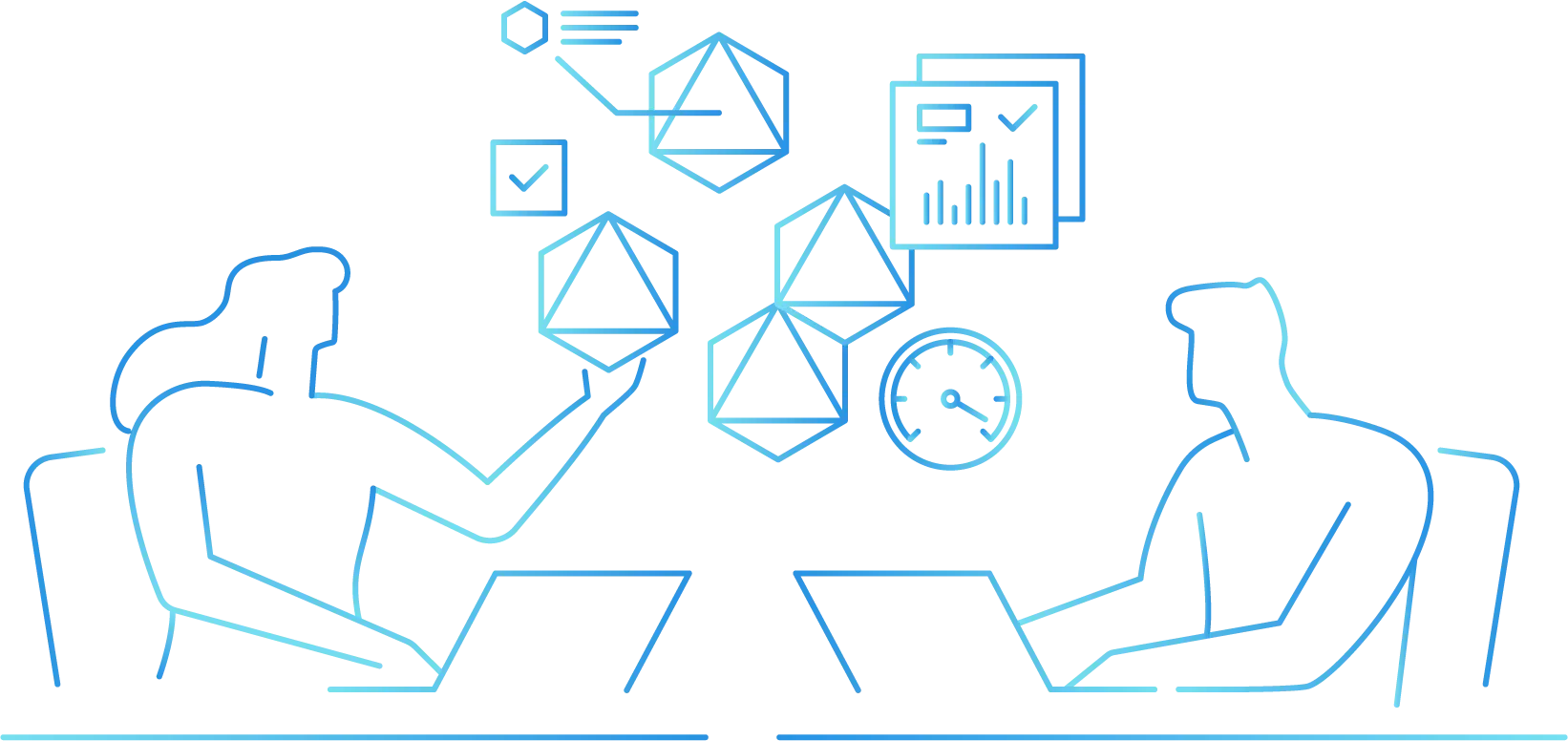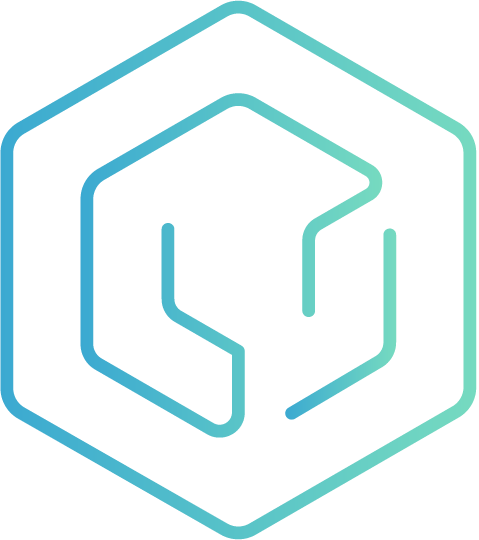Gradle Support for the
Maven Build Tool
With Develocity for Maven you can accelerate build and test feedback cycle times and make troubleshooting dramatically more efficient by leveraging modern performance acceleration and analytic technologies.
Develocity Supports Maven:
About the Develocity Open Build-Platform Strategy
Gradle Inc. believes that the build tool market is and will continue to be fragmented within and across language ecosystems and within most large corporations. This presented an opportunity to create a common commercial platform for developer productivity automation that we call Develocity.
Develocity is independent from any single build tool and provides a unified platform for delivering the benefits of Developer Productivity Engineering (DPE)—such as faster feedback cycles and more efficient troubleshooting—across an organization.
In keeping with the Develocity strategy and vision to support all important build and test systems and language ecosystems over time, Develocity introduced support for the Apache Maven build tool in March 2019. Bazel support launched in December 2021. As a result, Develocity provides a single-vendor solution for enabling DPE across JVM and Android build systems, including Gradle, Maven, and now with Bazel, Python, C++, JavaScript, and Go.
What is Maven?

Maven is an open-source build automation tool used primarily for Java projects initially released in 2004. The Maven project is hosted by the Apache Software Foundation, which was formerly part of the Jakarta Project. Maven addresses two aspects of building software: how software is built and its dependencies. Its primary design goals include (1) making the build process easy, (2) providing a uniform build system and quality project information, and (3) encouraging better development practices.
Key Develocity Benefits for Maven Users

Leverage the core benefits of DPE including robust support for build and test feedback-cycle acceleration; more efficient troubleshooting; improved build, test, and toolchain reliability; observability of performance trends for proactive interventions; and better CI resource efficiency and cost management.

Modernize the developer experience for Maven users and make developer happiness a competitive advantage in the race to attract and retain talent. This is achieved by ensuring that developers spend more time being creative and writing great code, rather than waiting for builds and tests to complete and troubleshooting problems.

Adopt a single end-to-end DPE solution platform for Maven and other build tools to ensure that teams across the organization have equal access to DPE tools and training. This helps to efficiently build, scale, and institutionalize a pervasive DPE culture with a “no dev team left behind” mentality.
Key Develocity Solution Capabilities for Maven Build Systems
All major Develocity features that support the Gradle Build Tool build systems are available to Maven users, including:

Build Cache. Maven Build Cache speeds up local and CI builds by allowing you to share and reuse unchanged build and test outputs across the team. Unlike Gradle Build Tool, Maven does not yet support build caching natively, but users can avail themselves of this technology via Develocity.

Predictive Test Selection. Leveraging machine learning, Predictive Test Selection can save up to 90% of Maven testing time by identifying, prioritizing, and running only tests that are likely to provide useful feedback during test runs.

Test Distribution. This approach accelerates test execution and complements Maven build caching while addressing many of the limitations of single-machine parallelism and CI fanout. It does this by distributing test execution work to remote executors.

Performance Continuity. This refers to a rich set of analytic, profiling, and diagnostic tools for proactively sustaining the feedback cycle time optimizations achieved using the performance acceleration technologies listed above.

Build Scan®. Build Scan for Maven builds and tests gives developers detailed data for every build, so they can quickly find the root cause of build and test failures and fix them on their own without re-running broken builds to reproduce problems.

Failure Analytics. Failure Analytics improves build, test, and toolchain reliability by making problems like flaky tests and other avoidable failures easier to find, reproduce for root cause analysis, and prioritize for fixing based on an impact assessment and frequency of occurrence.

Trends & Insights. While Develocity helps you to react to tactical performance bottlenecks and daily failures, it also helps you respond proactively to systemic problems and longer-term performance regressions via dashboards that make key metrics and KPIs more observable and actionable.

CI Build Cache & Resource Profiling. This enables you to optimize the speed of CI builds given compute resource and cost constraints. For cloud-hosted services, this translates directly and proportionately into lower bills. For internal CI teams, this means growing demand can be handled with existing resources.
Get Started with Maven Build Scan and Build Cache
An easy way to get started and get exposure to some Develocity developer productivity tools is to try Maven Build Scan for free. Another option is to take the Build Speed Challenge. It’s a quick, easy and fun way to experience the power of the Maven Build Cache and verify your out-of-the-box results using Build Scan.
Learn More


 DPE University
DPE University



























